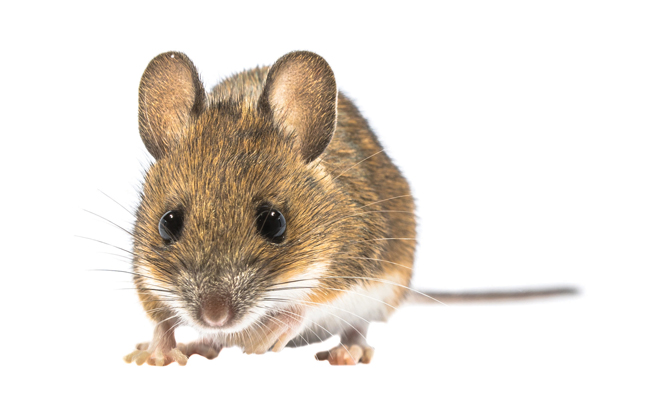
PHOTO: CREATIVENATURE_NL/ISTOCK / GETTY IMAGES PLUS/GETTY IMAGES
We asked Pest Management Professional’s columnists and editorial board members to share important advice that pest management professionals should give to a customer with rodents. Here are some of the experts’ responses — including a few extra that didn’t make it into our March 2020 print edition. Please share your advice in the comments below or send your comments to pmpeditor@northcoastmedia.net.
PMP’s Regular Contributors
Judy Black, BCE: The toughest message to get across to customers with rodents (commercial or residential) is requesting their patience. If they have an indoor infestation, it didn’t appear overnight, and it is not going to be eliminated overnight. Customers are often resistant to the concept of pre-baiting traps before we set them. As professionals, we know that with rats, this increases our trap catch, but it’s a tough sell to a customer with a problem. Increasingly, we are seeing mice that are wary of control devices as well. In tough mouse situations, switching up the type of device and pre-baiting may be a good idea.
An example of how pre-baiting can actually shorten your time to control: For a few weeks, I tried to control a Norway rat issue at a loading dock. Caught a few here and there, but just dented the population. I talked the customer into being patient through a pre-baiting period (it took eight days for the rats to start taking sardines off the unset traps on a regular basis). I set the 24 traps, and had 20 rats the next morning. Over the previous three weeks, I had caught maybe four or five. Nine days to get 20 rats is way better than 21 days to get five rats! What might have happened had I placed 36 pre-baited traps? I’ve always wondered about that …
Greg Baumann: Stay calm, and don’t try to supplement the professional’s work. While buying over-the-counter baits and traps sounds helpful, the trained professional has a strategy and customers need to defer to him or her.
Bobby Jenkins: If the client’s home has gone through any kitchen or bath remodeling in its lifetime, it may be prudent to have the plumbing drain lines checked for openings as part of resolving the rodent issue. We find this often is overlooked. Until identified and fixed, it allows rodents to gain entry into the structure.
Pete Schopen: Leave the stations alone! Clients love to shake the stations and see if the bait is being eaten. Not only can they shake the mouse poop out of the station and onto themselves, they might have an odor on their fingers that can repel the mice.
PMP’s Editorial Advisory Board
Ryan Bradbury: Check how you’re storing your dog food.
Michael Broder: Keep an eye on your pet’s food. Even though you may not want to eat it, rodents love it.
Doug Foster: Most homeowners, and even commercial clients, are more concerned about the inconvenience of rodent droppings and not the pathogens that they carry. The most important piece of advice I give customers with rodents is proper clean-up, using a disinfectant first and then paper towels (instead of washable rags) to remove the droppings and urine from areas that are contaminated. Also, any foodstuffs should be thrown away rather than repackaged into other containers.
Paul Hardy: Rodents are frequent guests at customers’ structures, primarily because they are inadvertently invited. Rodents are commensal and very happy living with humans. They constantly are seeking shelter, favorable temperatures, food and water. Rodent control starts with the proper inspection of these conditions, and exclusion.
Frank Meek, BCE: I tell clients two things: 1. Patience, we are dealing with an animal that is smart and quirky. Not all rodent issues are resolved quickly. 2. Don’t try this at home! Once we set something up, don’t think you know better and move the equipment around.
Dr. Faith Oi: Please do not remove the dental floss that you see on the mouse trap. It is often a better bait than cheese!
Dr. Stephen Vantassel: Tell them to modify their bird feeders. You can download and share a University of Nebraska-Lincoln Extension fact sheet at ExtensionPublications.unl.edu/assets/pdf/ec1783.pdf.
Leave A Comment